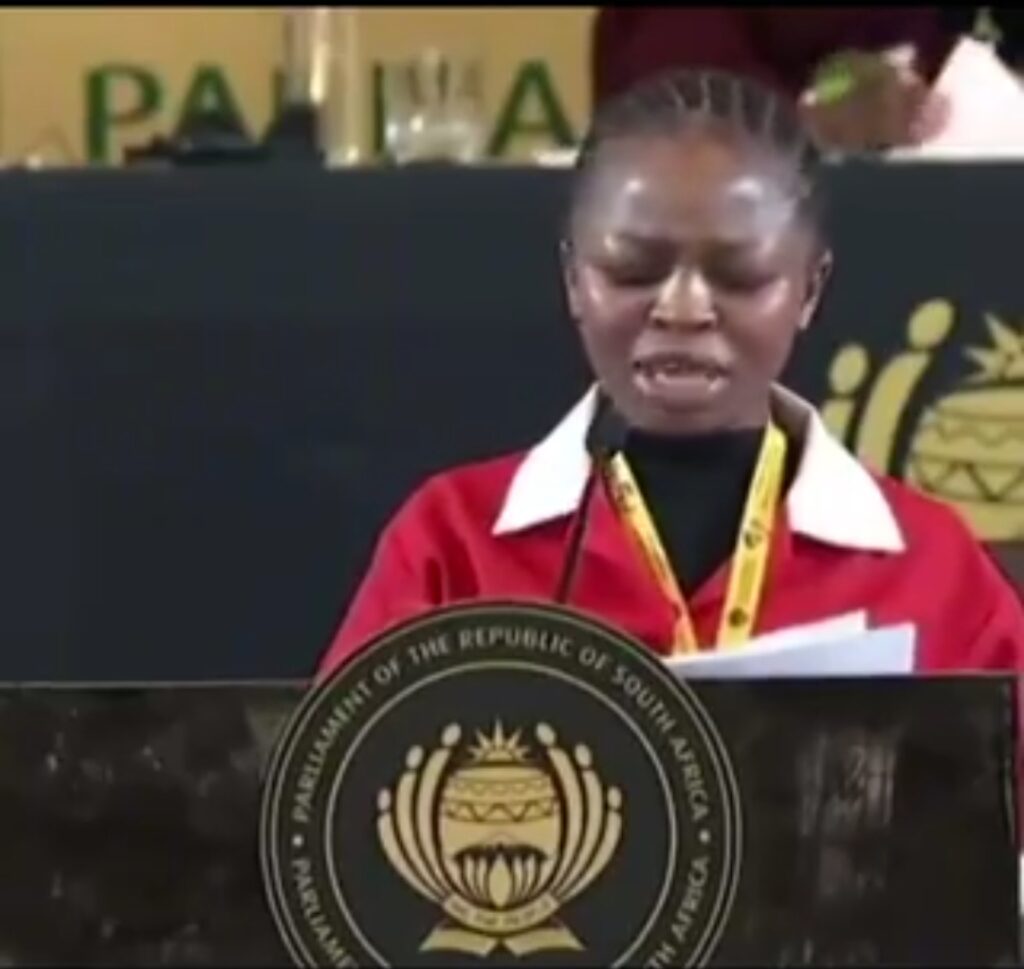The frustration of South African Gen Z is palpable as they increasingly vocalize their dissatisfaction with the current state of affairs.
This generation, which has grown up in a democratic South Africa, finds themselves grappling with high unemployment rates, limited economic opportunities, and systemic inequalities that have persisted for decades.
For many, the promises of the post-apartheid era remain unfulfilled, and the sense of disillusionment is growing stronger.
Their criticism of the President highlights a deeper mistrust in the political system and its leaders.
They feel that the government, instead of being a catalyst for change, has become a barrier to their progress.
The President, as the symbol of the administration, bears the brunt of their anger.
They accuse him of being out of touch with the struggles of the younger generation and failing to address the critical issues that affect their daily lives.
Social media platforms have become the battleground for this generational conflict, where the youth’s voices are amplified and their grievances are broadcasted to the world.
Hashtags calling for accountability and change trend frequently, reflecting a youth that is not only discontent but also organized and mobilized.
They demand more than just promises; they seek tangible actions and reforms that will pave the way for a brighter future.
The economic challenges faced by the youth are particularly pressing. With a staggering youth unemployment rate, many feel that their aspirations and dreams are being stifled.
They believe that the current leadership is failing to create an environment conducive to job creation and economic growth.
This economic disenfranchisement fuels their perception that the government is the weapon formed against them, preventing them from achieving their potential.


